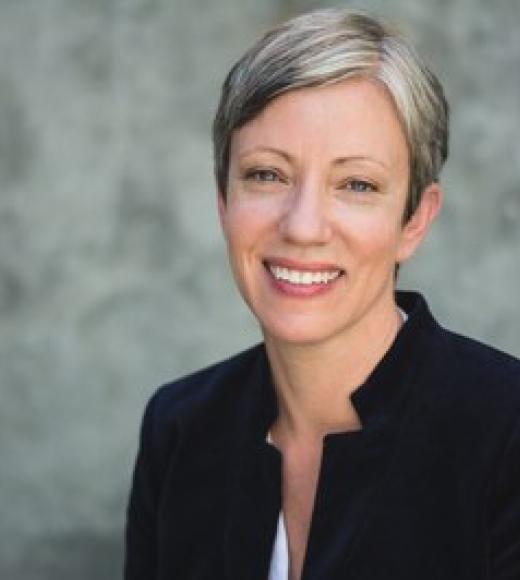
Position Title
Associate Professor
About
Stephanie L. Mudge is Associate Professor of Sociology and Chancellor's Fellow at the University of California, Davis, and Series Co-editor (with Anthony Chen) of Cambridge Studies in Historical Sociology. She is a historical, political, and economic sociologist specialized in the theoretically-driven analysis of Western parties and center-left/progressive politics, economic ideologies and institutions, monetary government (central banks) and the politics thereof, and the relationship between politics and expertise. Mudge completed her PhD in sociology at UC-Berkeley and has held visiting and postdoctoral fellowships at MaxPo/Sciences Po (Paris), the Sheffield Political Economy Research Institute (SPERI, in the UK), the Max Planck Center for the Study of Societies (MPIfG, Cologne, Germany), and the European University Institute (Florence, Italy).
Research Focus
Professor Mudge's first book, Leftism Reinvented: Western Parties from Socialism to Neoliberalism (2018, Harvard University Press), develops a century-long comparative, historical, and biographically-sensitive analysis of the American Democrats, the German and Swedish Social Democrats, and the British Labour Party. Focusing on the central role experts play as interpreters, representatives, and spokespersons inside political parties, the book tracks how close mid-20th Century ties between economics professions and center-left parties hitched their fates to each other--such that when economics changed, left parties changed with it. The result was a new role for economists as spokespersons for markets and, alongside them, the rise of new strategic experts and policy specialists who spoke for 'what wins' and 'what works.' The result, however, was a declining capacity to meaningfully represent the historical poor, working, and middle-class constituencies of left parties.
- Leftism Reinvented won the 2019 Barrington Moore Award in Comparative Historical Sociology and the 2019 Distinguished Contribution Award in Political Sociology from the American Sociological Association (ASA). It also received an honorable mention for the ASA's 2019 Viviana Zelizer Award in Economic Sociology.
- You can hear Professor Mudge talk with host Daniel Denvir about Leftism Reinvented on The Dig, or read about it in Accounts (the ASA's Economic Sociology newsletter) or in an interview with Chase Burghgrave at Jacobin Magazine.
Professor Mudge's other past and ongoing projects include:
- the definition, conceptualization, and analysis of neoliberalism (see also here), political parties (with Anthony Chen) and the relationship between states, politics, and expertise
- how Bitcoin transformed from a movement to an asset (with Christopher Lawrence)
- the historical formation, theoretical concerns, and Marxian political economy-avoidance tendencies of economic sociology (also with Christopher Lawrence)
- the historical role of experts and expertise in European integration (with Antoine Vauchez)
- central banking and monetary government, with emphasis on the European Central Bank (ECB) (also with Antoine Vauchez; more articles on the topic can be found here and here)
- the colonial imprint and contemporary dynamics of international financial sanctioning
- the epistemology and ethics of sociological political economy, and
- the Democratic intra-party origins of the Marshall Plan (with David McCourt)
Mudge's newest initiative, with help from the UC Davis DataLab and UCD Sociology graduate student Shahar Zaken, is called the Strategy & Democracy Project. One component focuses on the 19th Century United States, combining historical, first-person, and computational methods to map the dynamic relationship between finance, monetary institutions, and democratic politics. A second component focuses on the 21st Century development and consequences of transnational relationships between consultancies and political parties, with a focus on progressive and social democratic politics.
Publications
(See book/articles linked above.)
Teaching
Professor Mudge teaches graduate and undergraduate social theory, courses on debt and political economy, and economic and political sociology.
